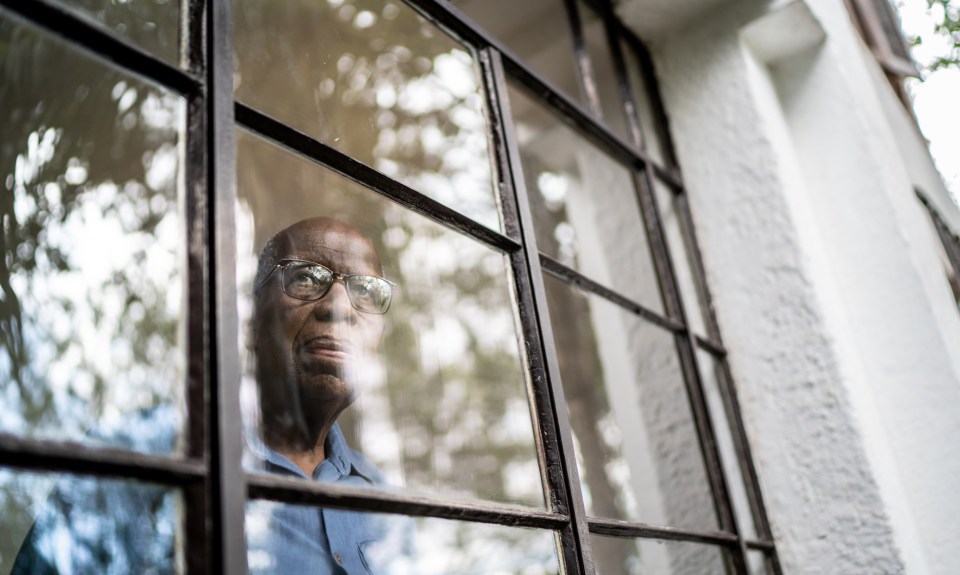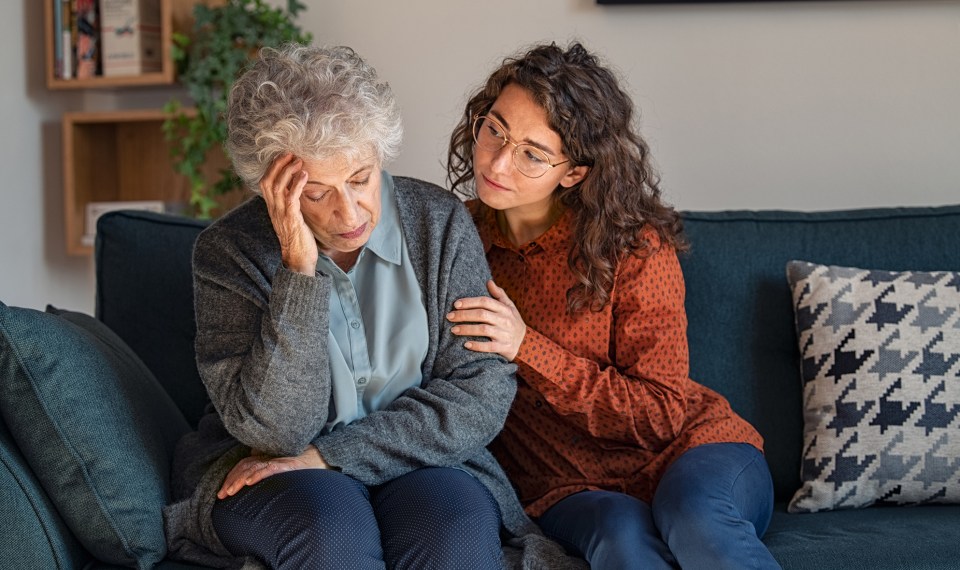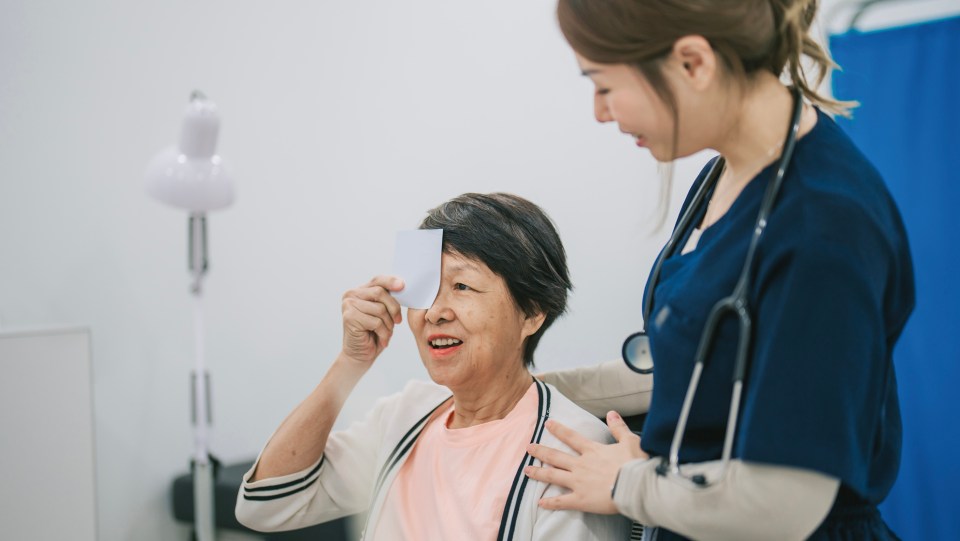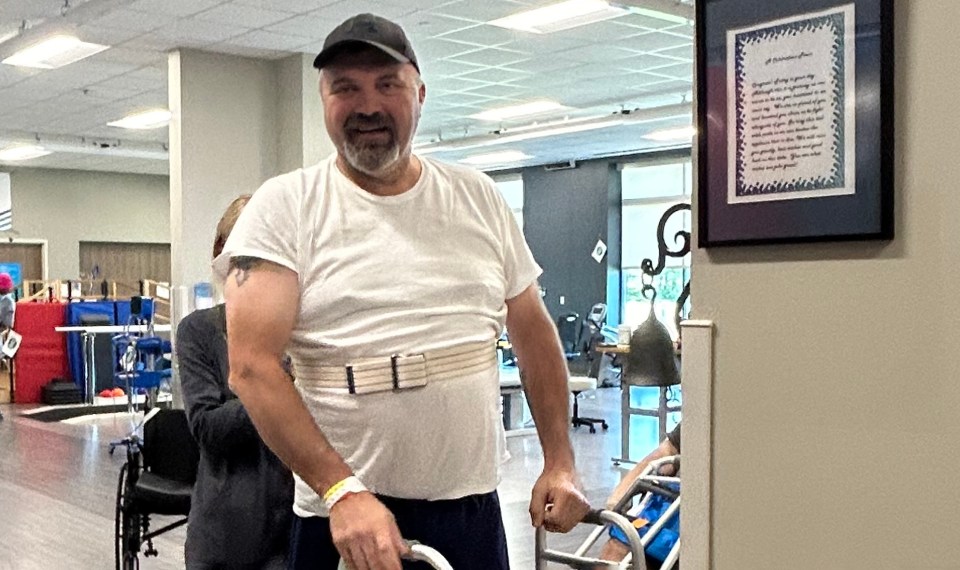You never expected to have a stroke. You and your wife were active—attending church, traveling with friends and volunteering at the local food pantry. Suddenly you find yourself disabled and somewhat frightened as you navigate both the acute care and rehabilitation hospitals. Your days are filled with so much activity that you don’t have time to think about the future.
Your friends visit and ask what they can do to help. They are well meaning, but there is little they can do early on in your “stroke journey.” However, you will need them in the future. At first your friends do come to the house to visit, but as time passes these visits are rare and you experience something that has never been a part of your life—loneliness.
Loneliness vs. Solitude
We all know people who enjoy their time alone. It may be a walk in the woods by themselves or just being home alone. Solitude is a voluntary state that many choose and, most likely, enjoy. It is a positive state of mind. The person who enjoys solitude is not lonely. Loneliness can descend upon us like an unwelcome visitor. We all feel lonely at one time or another, but I am referring to a pervasive negative state of mind that takes over your environment. A person may even feel lonely in a crowd. Loneliness is usually associated with unhappiness and even depression. We are “social creatures” who seek connections with other people. Your stroke and new disability may have fractured these connections. You are now in a “different club.” The days are long and you are lonely.
Health and Loneliness after Stroke
Your doctors reviewed what you need to do to prevent another stroke. You and your wife are meticulous in managing your blood pressure and diabetes. You have figured out a way to get exercise and are using YouTube videos for seated Tai Chi. However, you feel lonely and miss seeing your friends.
Loneliness after stroke and the lack of social interaction has negative consequences on one’s health. Loneliness can:
- Worsen hypertension and high cholesterol
- Increase the risk of heart disease and stroke
- Increase depression, anxiety and suicide
- Increase the risk of dementia
- Cause insomnia
- Increase addictive behavior such as drugs and gambling
Loneliness increased dramatically during the COVID pandemic. But it isn’t just COVID. A survey before the pandemic by Cigna found that 61 percent of Americans described themselves as lonely. I found this number shocking, and it made me realize that those of us who work with people with disabilities need to focus more on their loneliness. There are loneliness quizzes/questionaries that people can take like the UCLA Loneliness Quiz.
What Can You Do to Combat Loneliness?
This may not be as easy as it sounds for someone with a disability. I can help you with answers for all the people who asked you early on or now, “What can we do to help?”
Here are some useful answers to that question:
- Right now, in the hospital, we have lots of help, but we will need some help when we get home. Can I contact you then?
- Things will be different when we get home, please don’t forget about us. We need your friendship.
- We may need someone to stay with Fred while I go grocery shopping or get my hair done. Could you come by for a few hours every two weeks?
Once you are home it is time to make a plan to counter the chances of becoming lonely.
- Make a list of the people you want to stay in touch with and plan to call at a certain interval, like once every two weeks. You can create a checklist. I do this with out of town friends and family.
- Invite friends over for lunch. Pick a day and time when you are less likely to be tired.
- There are a lot of negative aspects to social media, but this is one situation where it is very helpful. Are there organizations, people or interests that you want to follow? Seek out people with similar interests.
- Positive self-talk is a must. Focus on the things you can do as opposed to those things you cannot do. I wrote about eliminating negative thoughts in a previous post. It is easy to fall back into negative thinking that “people wouldn’t want to be with me now.” If you reach out, you will be surprised how old friends step up.
- It can be a long wait for some people to contact you. Take the initiative.
You know how to manage your high blood pressure and prevent another stroke. Today is the day you start to plan to manage any sense of loneliness.
The content of this site is for informational purposes only and should not be taken as professional medical advice. Always seek the advice of your physician or other qualified healthcare provider with any questions you may have regarding any medical conditions or treatments.




